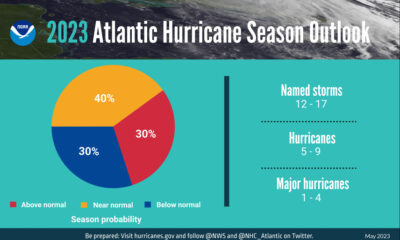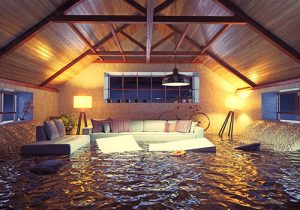More in Flood Damage
-
Tips For Flood Natural Disaster Home Protection
How to Safeguard Your Property Through All Stages of Flood Damage Floodwater can ruin your home and...
William Turner October 29, 2024 -
Swift and Skilled Flood Damage Restoration After Heavy Missouri Rainstorms
When heavy rainstorms hit Missouri, they often leave behind more than just puddles. Flooding can wreak havoc...
William Turner September 30, 2024 -
The Torrential Tide: Navigating Seasonal Flood Risks in St. Louis
In the heartland of America, where the mighty Mississippi River weaves its course, lies the vibrant city...
National Disaster Recovery March 27, 2024 -
2024 Hurricane Names: Know Your Enemy and Be Prepared
Projected hurricane names for the 2024 hurricane season. Alberto Helene Oscar Beryl Isaac...
National Disaster Recovery February 20, 2024 -
From Dripping Faucet to Deluge: Reference to Home Water Damage
Don’t let leaks and floods ruin your day! This revised article equips you with the knowledge and resources...
National Disaster Recovery January 11, 2024
Scroll for more
Tap
-
The Aftermath of Fire Damage – What Comes Next?BusinessFebruary 18, 2025
-
Surviving the Storm: What You Need to Know About Damage and RecoveryBusinessFebruary 18, 2025
-
Helping Your Home After Burst Pipe DamageBusinessFebruary 18, 2025
-
Appliances Can Cause Unwanted Mold Growth in Your HomeBusinessFebruary 18, 2025
Categories
Archives
- February 2025
- October 2024
- September 2024
- March 2024
- February 2024
- January 2024
- December 2023
- November 2023
- September 2023
- July 2023
- June 2023
- February 2023
- January 2023
- December 2022
- November 2022
- October 2022
- August 2022
- February 2022
- January 2022
- December 2021
- November 2021
- June 2021
- May 2021
- August 2020
- June 2020
- May 2020
- March 2020
- January 2020
- December 2019
- November 2019
- July 2019
- April 2019
- November 2018
- October 2018
- August 2018
- July 2018
- February 2018
- December 2017
- October 2017
- July 2017
- September 2016
- August 2016
- June 2016
- May 2016
- April 2016
- March 2016
- February 2016
- January 2016
- November 2015
- February 2015
- January 2015
- December 2014
- November 2014
- October 2014











Facebook
RSS